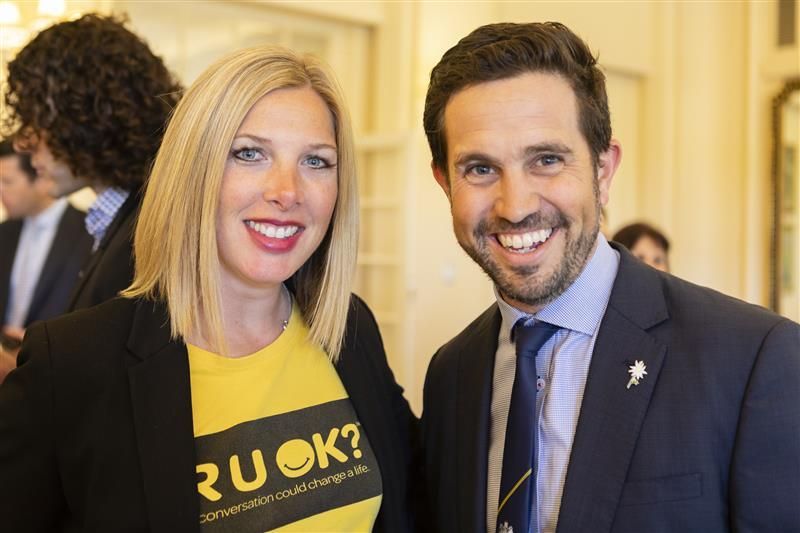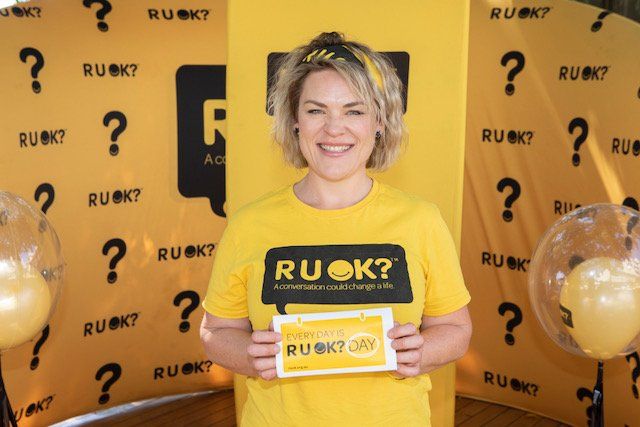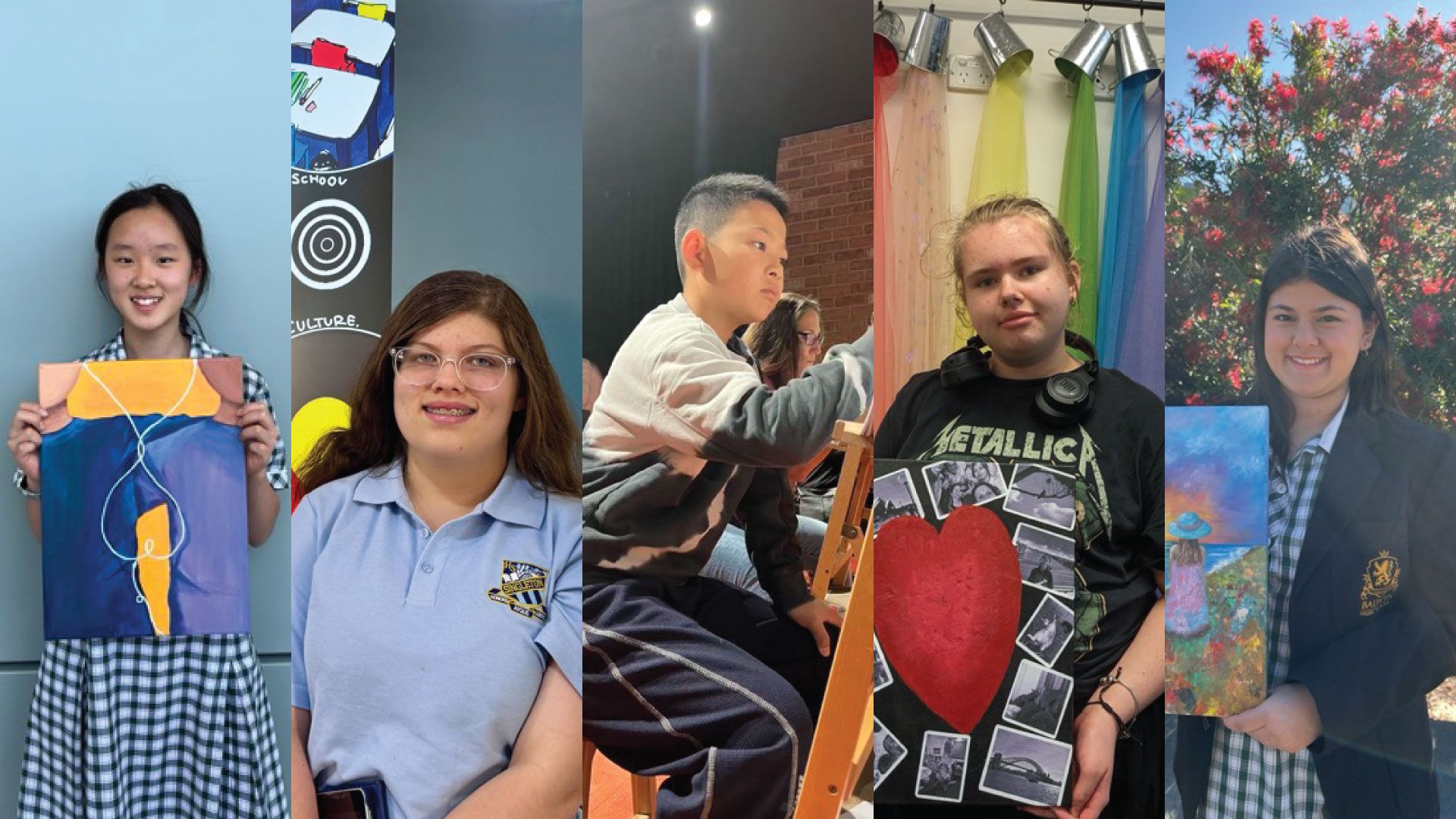The letter I wish I’d read
Kristina Lawrence, R U
OK?’s Community Engagement Manager survived the 2005 London terrorist bombings
and the resulting trauma afterwards. She’s written a letter to herself saying
the things she wished she’d known during the toughest three years of her life. The
overwhelming survivor guilt she suffered and many years of bullying and self
doubt resulted in an eating disorder. So her hope? That this inspires others to
reach out to those around them and for those who are struggling to seek help.
Dear Kristina,
I’m writing to you in the toughest three years of your life.
It won’t be easy but you will get help and you will get better. The feelings of guilt you suffer from - that you’ve said the wrong thing, done the wrong thing, are always in trouble and that you survived London; you’ll learn to manage them. You’ll learn different coping skills and create a toolbox to stop the binging and purging in the hope the pain will go away. You’ll find the right support network – friends, family, partner and psychologist – people who will help you manage the internal chatter.
It’ll start after a conversation with your Mum who also made you get help after London. She’ll tell you, “I don’t want you to live a life like this. I don’t want you to feel unhappy or sad. You have a life to live.” At first, you’ll get help because you’re worried you’re affecting the person you love and care about the most. But soon you’ll be getting help for you, because you deserve it and you want to live the best life in memory of those who didn’t make it out of the train with you.
Over the next few years you’ll learn to replace the thoughts that I’m not worth it with you are worth it, you don’t want to do this. And you’ll get more comfortable exploring why you’re feeling that urge, what’s driving it and confront those feelings in the moment. You’ll put it in the bigger picture. It won’t always work but you’ll keep trying and you’ll have people supporting you through it. You’ll come to love life and see that this form of self-harm is stopping you from living your best life.
You’ll still face those thoughts and have to fight the urge, but you’ll remember those words your Mum said – that she’s glad you survived and wants you to be happy. And you’ll say them to yourself one day: I’m glad I survived and I’m happy.
Lots of love because you’re going to need it over the next few years,
Future you
R U OK? is a not-for-profit organisation that aims to inspire and empower everyone to meaningfully connect with people around them and support anyone struggling with life. R U OK?Day is a national day of action, held on the second Thursday of September each year. But every day is the day to start a conversation. Conversation tips and crisis numbers can be found at ruok.org.au.
If you or a loved one need immediate support, Lifeline provide confidential crisis support 24/7 on 13 11 14






















